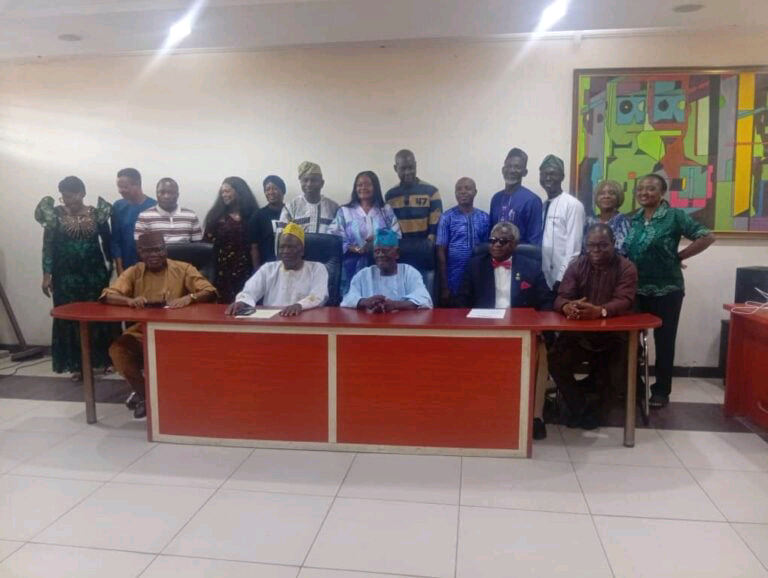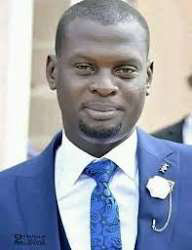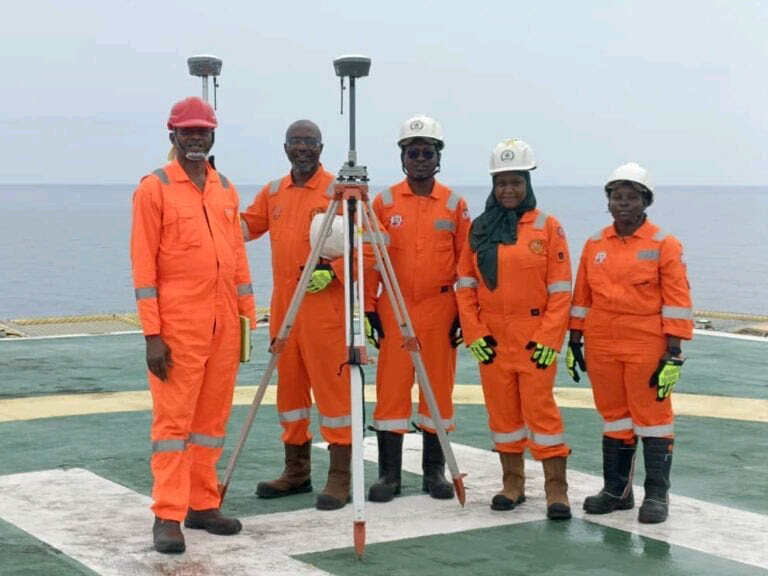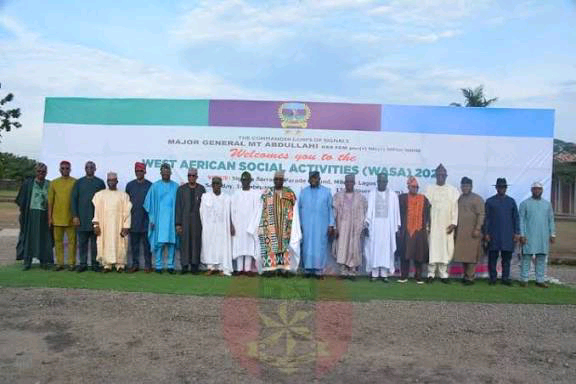I’ll Restore Fuel Subsidy If Elected President, Says Kachikwu
The African Democratic Congress (ADC) presidential candidate in the 2023 election, Dumebi Kachikwu, has declared that he will bring back the fuel subsidy if Nigerians entrust him with the presidency in 2027.
Speaking during a recent interview, Kachikwu said the removal of subsidy under the Tinubu administration has worsened the economic hardship of citizens and must be reviewed. He explained that the problem with subsidy in the past was not the policy itself but the mismanagement and corruption that surrounded it.
According to him, instead of scrapping a scheme designed to cushion the cost of living for ordinary Nigerians, the government should have confronted the corruption and prosecuted those who enriched themselves through fraudulent claims.
Kachikwu argued that fuel subsidy remains an important social protection tool in a country where many households already struggle with inflation, rising transport costs, and stagnant wages.
He noted that former President Muhammadu Buhari had set the stage for subsidy removal by excluding it from the 2023 budget, and President Tinubu only executed what was already in motion. He insisted, however, that Nigeria has the resources to make fuel affordable again if wastage in government is curtailed and local refining capacity is prioritised.
He maintained that his government, if elected, would reallocate resources from extravagant spending to support a transparent subsidy regime that would be closely monitored to prevent abuse.
The ADC leader also used the opportunity to caution senior politicians who, he said, were attempting to hijack his party ahead of the next general election. He warned that the ADC belongs to a new generation of leaders and would not serve as a retirement home for old politicians. In a veiled reference to former Vice President Atiku Abubakar and other long-standing figures, Kachikwu said they should step aside and allow younger leaders to drive the future of the nation.
He reaffirmed his commitment to remain in the ADC and contest again on its platform despite the internal wrangling and court cases that have trailed the party in recent times.
Beyond the issue of subsidy, Kachikwu called for a new vision of governance that promotes equity, merit, and national cohesion. He lamented that Nigeria is still trapped in ethnic and religious divisions deliberately planted by colonial rule and sustained by successive governments. He stressed that true leadership must be about fairness to all groups, saying that when leaders take care of everybody, they also take care of their own people.
For him, building a united Nigeria requires a leadership class that values competence and national interest above ethnic or sectional considerations.
While his pledge to restore subsidy is likely to appeal to millions of Nigerians struggling with the high cost of living, the feasibility of such a plan remains under question.
Economists warn that Nigeria’s strained public finances and mounting debt may not sustain a large subsidy programme, while international institutions continue to pressure the country to maintain subsidy removal as part of economic reforms.
Yet, the political reality is that many Nigerians remain deeply dissatisfied with the hardship that followed subsidy removal, making Kachikwu’s proposal one that resonates strongly with the masses.
As the build-up to 2027 intensifies, Kachikwu is positioning himself as a populist alternative, challenging the dominant political order with a promise to relieve Nigerians of the fuel price burden.
His vow to restore subsidy, coupled with his attacks on entrenched political figures, highlights a campaign strategy centred on social protection, anti-corruption, and generational change. Whether this agenda will withstand the scrutiny of economic experts or the pushback of political opponents remains to be seen, but it has already placed Kachikwu firmly in the national conversation ahead of the next presidential race.







